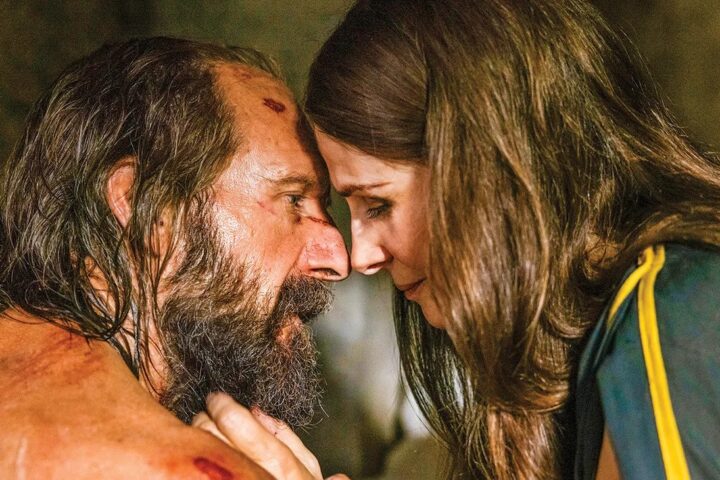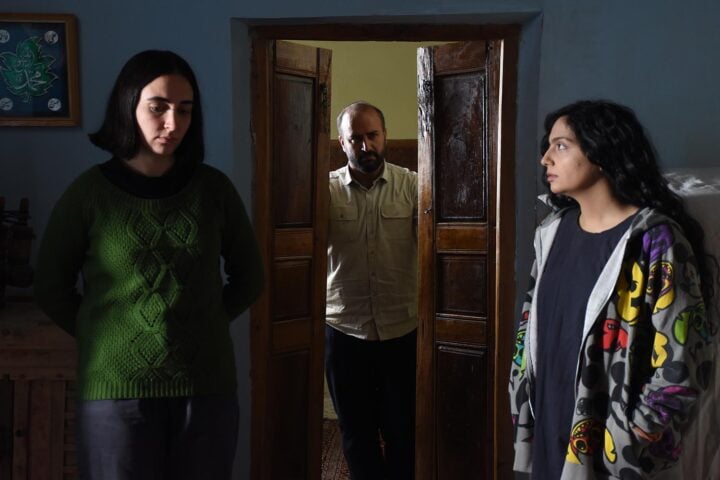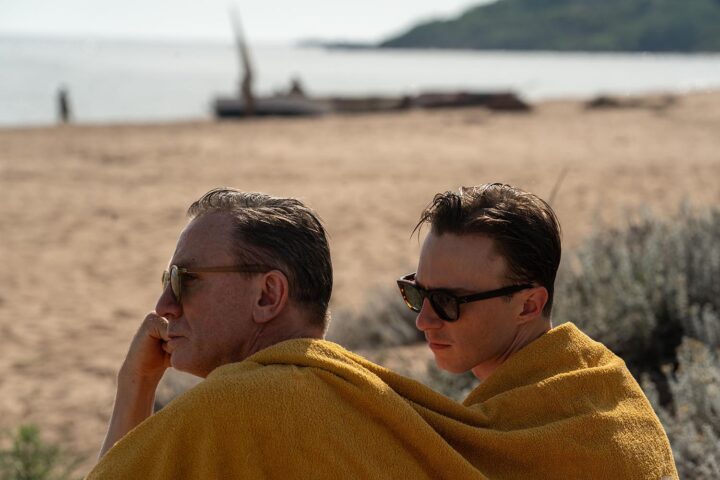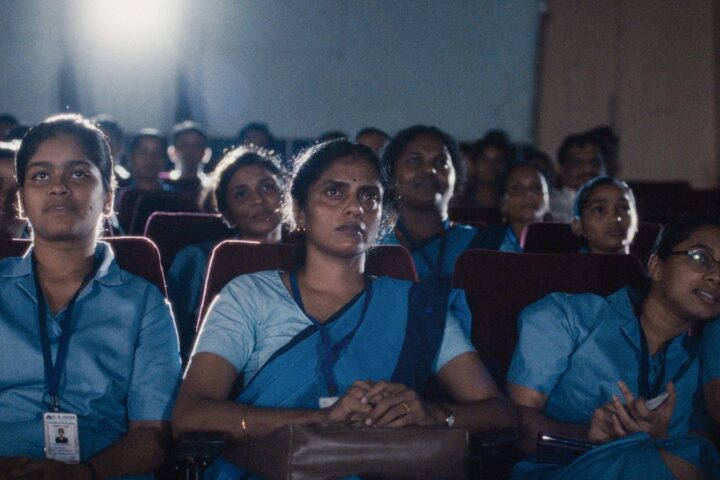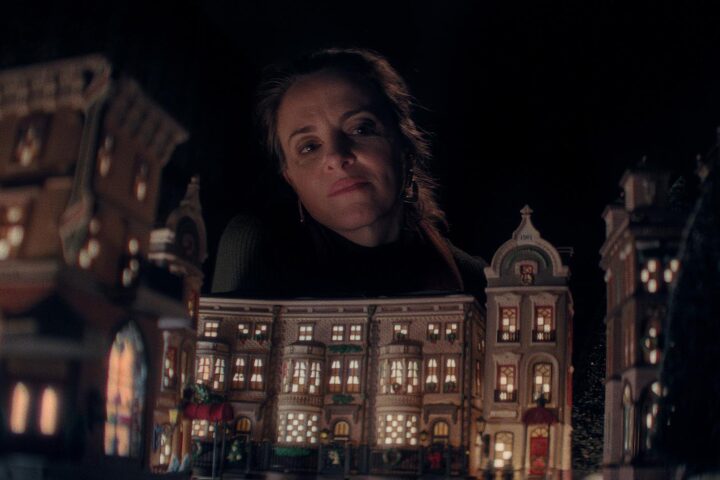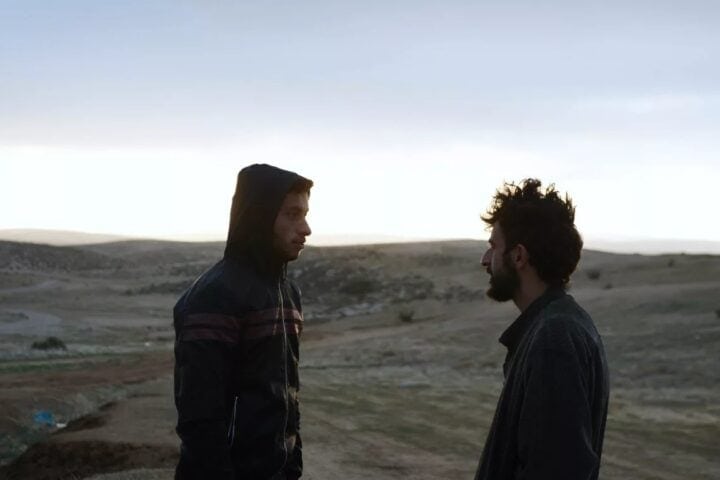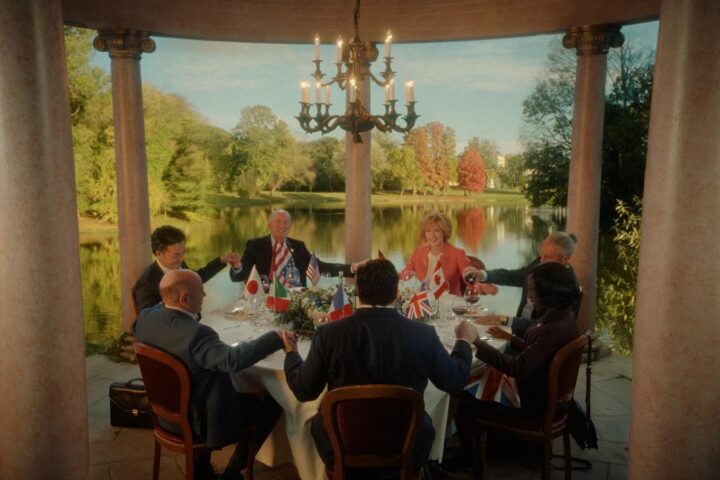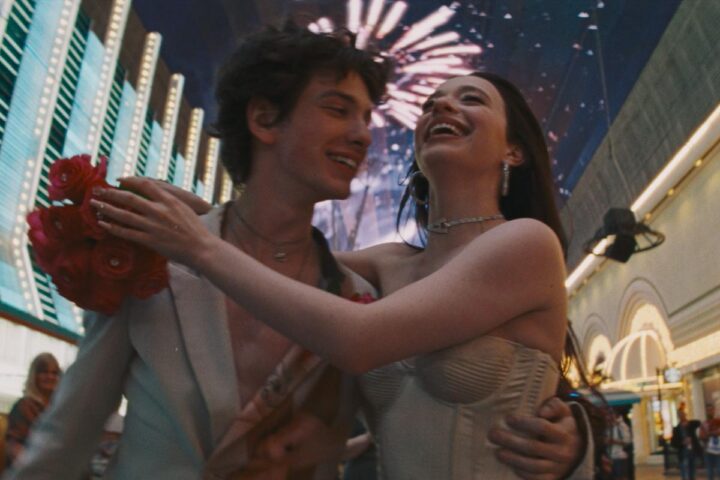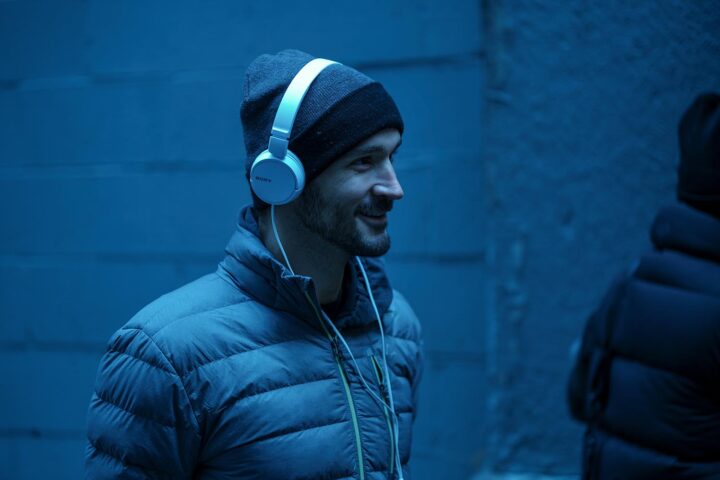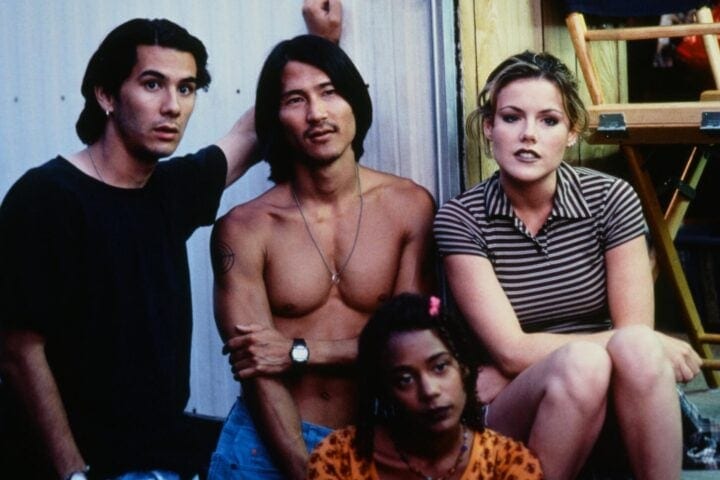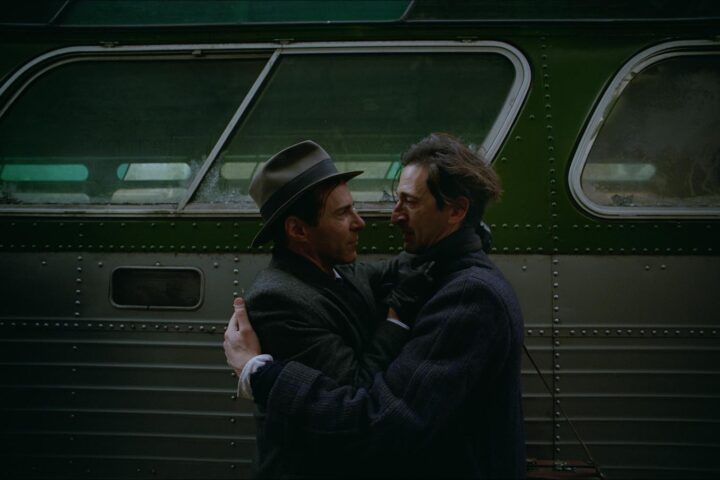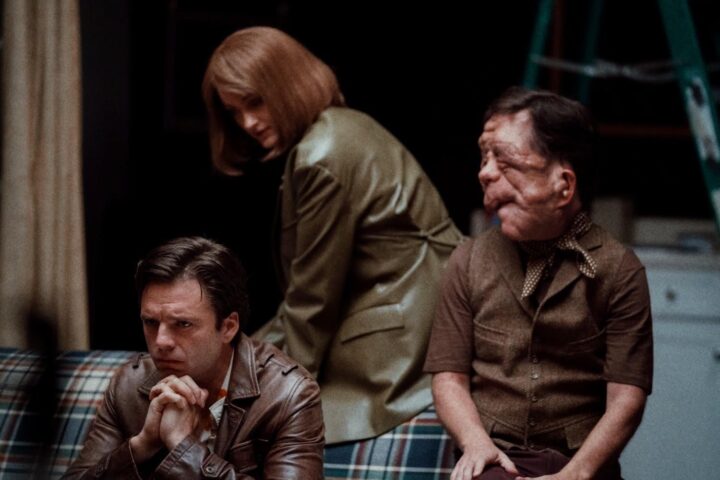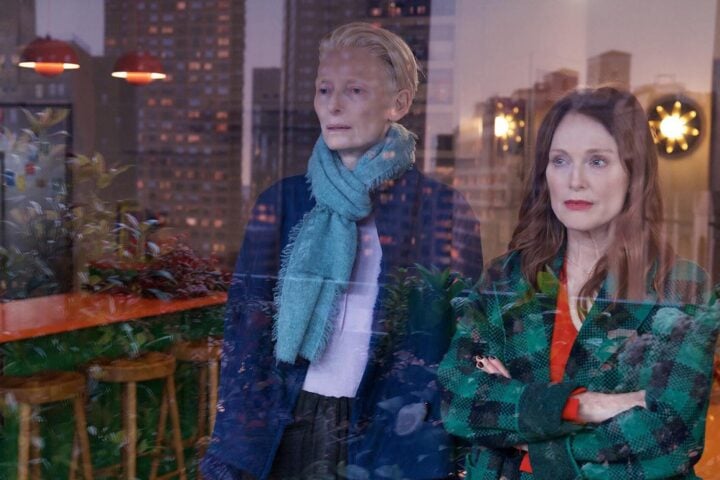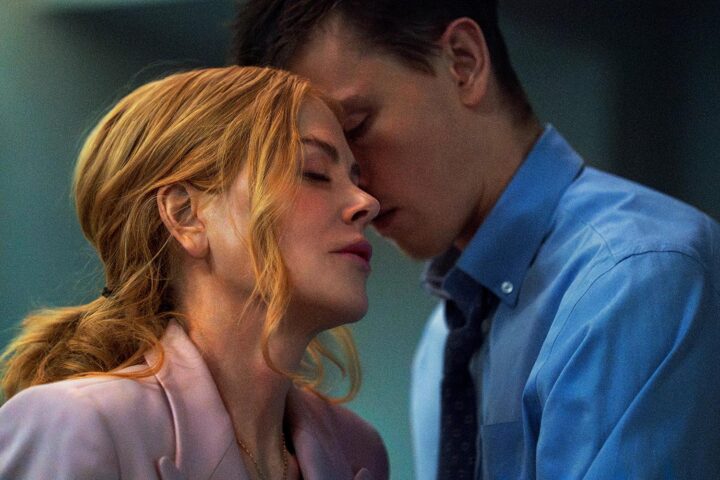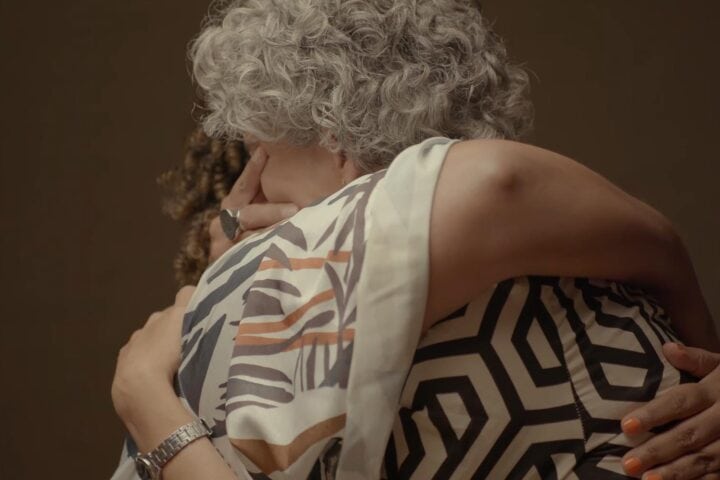Pasolini leverages little in the way of words to tell his version of the story.
Rasoulof discusses his resolve to keep telling stories in the wake of his multiple imprisonments.
Kuritzkes discusses his collaboration with Guadagnino on Queer and Challengers.
Zilbalodis discusses what he hopes people will make of the film’s ambiguities.
Kapadia discusses her influences, her exploration of language, and more.
Taormina discusses how “sonder” informs the shape and texture of his work.
The filmmakers discuss what making the documentary taught them about the nature of power.
The trio discuss how their Canadian identity informed their view of international relations.
Madison and Baker discuss how youth and love shape the eponymous character’s trajectory.
Plante discusses whether online culture encourages people to hide themselves in society.
Dea Kulumbegashvili’s film seeks to embody a dizzying span of human experience.
The tone of Neo Sora’s film wobbles between a sober social commentary and outright satire.
Araki discusses how society has and hasn’t caught up with his incendiary trilogy of films.
Like his hero, Corbet has made an unvarnished monument to the authentic American character.
The actors discuss their physical and philosophical approaches to the self-reflexive tale.
The 4K digital transfer highlights the delicate beauty of Jamie Ramsay’s cinematography.
The Room Next Door mirrors the defiant spirit of its main characters in the filmmaking itself.
The bedrock principle undergirding Reijn’s exploration of carnal connection is always honesty.
The Order stands out among bank robber films through the fervent fanaticism of its villains.
Wilson discusses the influence of Kore-eda’s After Life, the film’s mirroring structure, and more.

